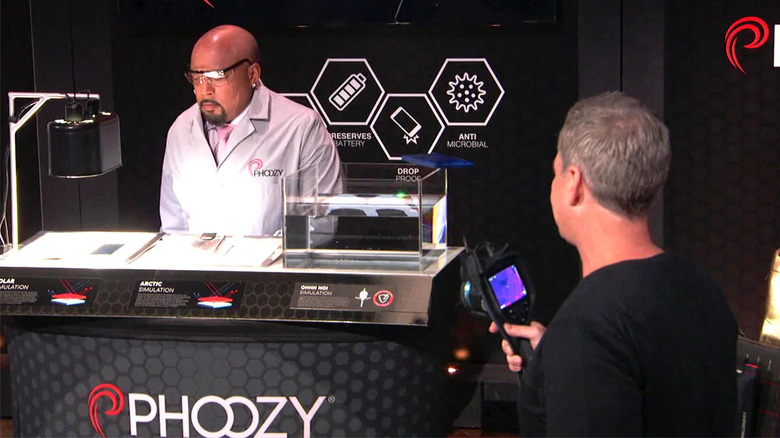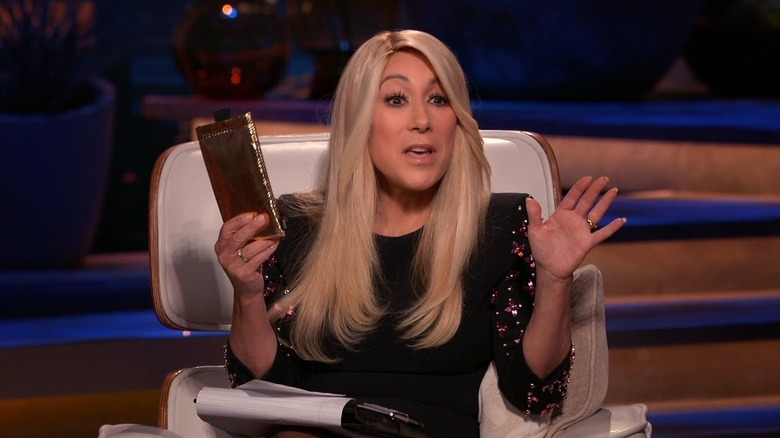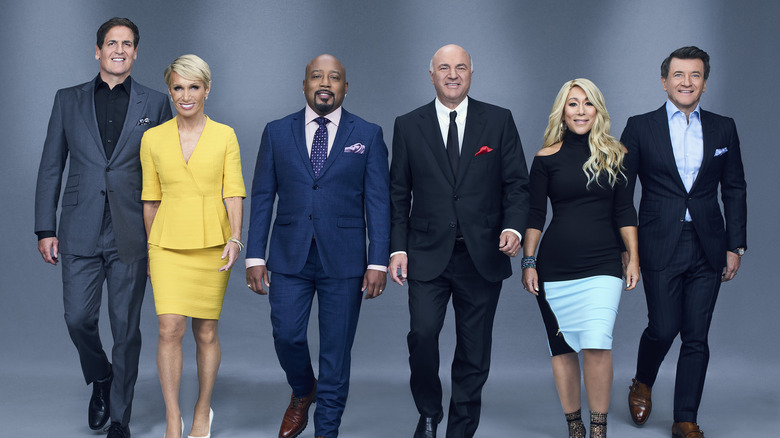Travel Guides Outdoor Adventures
Lee Adams
Mobile phones have become an inseparable part of our daily lives, but we’re never more than one fumble or accidental dunking away from the expense of having to replace them. Over the past few years, some remarkable statistics have emerged: In 2020, an estimated 87 million Americans suffered smartphone damage in the previous 12 months, while a 2022 report revealed that 28% of users managed to drop their device into liquid. That’s before you consider extreme hot or cold temperatures, both of which can cause permanent damage to a phone’s components.
Even the most rugged phone cases aren’t usually capable of protecting against all eventualities, which is why former NASCAR driver Kevin Conway and home improvement executive Josh Inglis blew the sharks away with their state-of-the-art invention in Season 12 of “Shark Tank.” The long-term friends and business partners wowed their potential investors with their impressive resumes and practical demonstration of Phoozy, “the world’s first thermal capsule” for mobile devices. Enlisting the help of FUBU founder Daymond John, they successfully highlighted their product’s unique selling points; not only did the range of cases offer “military grade” drop protection, but they could withstand extreme temperatures and float nicely in water.
Conway and Inglis’s convincing pitch certainly captured the sharks’ attention, but would securing an investment in Phoozy be an open and shut (phone) case?
What happened to Phoozy on Shark Tank?

ABC
Kevin Conway and Josh Inglis wanted a $500,000 investment in exchange for 10% of Phoozy to help them build a team and grow their business. Kevin “Mr. Wonderful” O’Leary found it hard to believe that Phoozy was unique with the number of phone cases already on the market, but Conway confirmed that they had a utility patent for the thermal tech and drop and float protection of the product. Their figures were also eye-opening: In 36 months of business, they’d racked up $1.9 million in sales with a very high profit margin.
Dallas Mavericks owner Mark Cuban declared the product “phenomenal” but dropped out because he didn’t think he was the best person to support them. Kevin O’Leary felt the company was slightly overvalued, so he offered $500,000 for a 4% stake but wanted a $1 royalty per unit until he received $1.5 million.
That began a bidding war. Both Lori Greiner and Robert Herjavec were eager to undercut O’Leary. Herjavec matched the offer and equity but only wanted royalty until he recouped $500,000, while Greiner wanted a commission until she reached $1 million. They agreed to partner up for 8% total equity with $1.50 per unit until $500,000 was reached.
O’Leary countered with an offer of 2.5% equity and $1 per unit until he hit $1 million. It was a good deal, but the prospect of having two sharks on the team was too attractive for the Phoozy boys to refuse.
Phoozy after Shark Tank

ABC
After accepting the offer from Lori Greiner and Robert Herjavec, Conway revealed that he had given up tickets to Le Mans to appear on the show. The sacrifice was definitely worth it because business has been booming since the episode aired in April 2021. The co-owner estimates that sales increased by 400% and, as of June of the same year, the company’s annual revenue soared to $4 million.
While it’s unclear if the deal with the two sharks has closed, Phoozy is still very much in business. The company maximizes social media’s potential to get its products out there, posting almost daily on Facebook with deals and customer reviews. The entrepreneurs have also extended their range to include anti-germ technology, cases designed for outdoor activities from skiing to surfing, and new thermal capsules to keep drinks at the right temperature. The exposure from the show has also generated plenty of attention from major outlets like Forbes and Wired, which have included Phoozy’s cases in lists of “Best Ski and Snowboard Accessories” and “Best Gear to Take to the Moon,” respectively.
Kevin Conway and Josh Inglis really showed how a “Shark Tank” pitch and negotiation should be done. They provided an innovative solution to a problem everyone could relate to, built their solution and company with their own money, and then secured an investment on the show to take their business to the next level.

